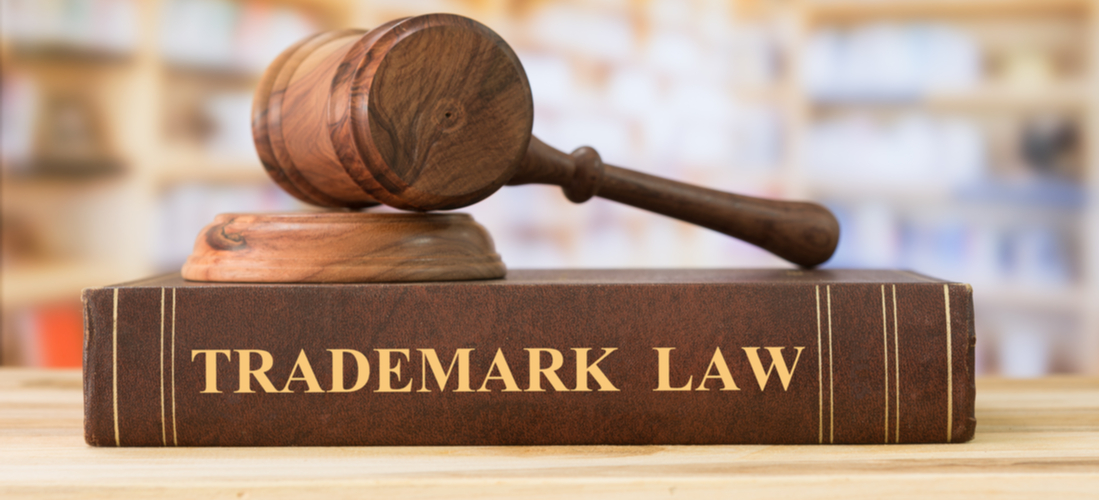For the purposes of presenting a unique yet meaningful trademark, several times businesses come up with trade names in foreign languages. The USPTO, therefore, applies the necessary measures to check if the trademark can be registered.
A trademark is a distinct symbol, phrase, word, or a combination of words, that represents a particular product or service in a market and essentially distinguishes it from the others in the market. A trademark points to a specific product and distinctly differentiates it from all other products of its kind, thus recognising a company’s brand. Trademarks bear great significance in business, as the customers relate to the products only through the brand name.
Words that Cannot be Trademarked:
Although it might appear that the business owners have all the liberty to name their businesses with names of their choice, it is not the case in reality. At least the trademark law is against it. It has to be borne in mind that a trademark should be unique and it should not mislead the consumers or sound ambiguous with respect to the existing brand names. Hence trademarks that are too descriptive or generic, those that include the name of a geographic location, deceptive names, or those names that include surnames are generally discouraged from being registered as trademarks by the USPTO (United States Patent and Trademark Office).
Registering Trademarks in Foreign Languages:
The fact that descriptive names cannot be trademarked, makes it challenging for the businesses as it involves quite some hard work to coin abstract trademarks. Furthermore, marketing an unrelated trade name and making it reach the consumers is even more grueling. To tackle this, most often businesses come up with trade names in languages other than English, and trademark registration for these names can make it easier to secure brand identity and protect intellectual property in different markets. Secondly, a tradename in a foreign language also sounds unique and different, and hence the trademark can be registered easily.
Now the question is how welcoming is the USPTO of such trademarks in foreign languages. A vehement yes or no may not be possible for this question. But the USPTO is not entirely a foe of such trademarks. Trademarks in other languages that would otherwise be generic are generally accepted by the USPTO. The USPTO generally employs the ‘Doctrine of Foreign Equivalents’ when a trademark is applied in a foreign language. As per the doctrine, the trademark is translated and then checked if a typical consumer would understand the word after the translation. The translation is of great significance to determine if the word could cause a likelihood of confusion among the trademarks that have been registered already.
For instance, consider the trademark ‘Queso’, which means cheese in Spanish. Under the doctrine of foreign equivalents, this word will first be translated into English. It will then be examined if a typical customer would be able to relate the word ‘Queso’ to cheese. Given the fact that Spanish is one of the widely spoken languages in the U.S. many of them would be able to do it hands down, hence the word will not qualify to be registered as a trademark by the USPTO.
However, if the business comes up with a trademark in a different language, that might actually be generic in English but is less commonly understood in the said language by the consumers in the US market, the same could qualify as a registered trademark. For example, most of the Japanese names have been registered by the USPTO as trademarks, as the US does not have a wide Japanese-speaking population. Once again, if the business owner aims to launch the product or service in the international market, a careful study might be necessary to check where the trademark can be duly registered. Another classic example of this case is the trademark ‘MOSKOVSKAYA’. When this Russian word is translated to English, it would simply mean ‘of or from Moscow’. This would obviously be rejected as the name is an implication of geographical location.
It might be surprising, but this doctrine has been applied to a myriad of trademarks by the USPTO to decide whether a particular trademark qualifies to be registered or not. Also, the doctrine states that, if a particular word means something in another country and if it is not relevant in the U.S. the trademark can still be registered. For example, although the trademark SEIKO is generic in Japanese, it was accepted by the USPTO as it is arbitrary and fanciful to the US market.
The doctrine simply states that, when an American consumer comes across a trademark that is coined in a different language and if the consumer is able to recall its English equivalent, it would not qualify to be registered as a trademark by the USPTO. However, it has to be kept in mind that the doctrine is not a stringent rule but just a persuasive guideline that the USPTO follows. The examiners of the USPTO will conduct exhaustive research in various dictionaries and publications to make this determination when an applicant makes an application for a trademark in a foreign language. Also, once the translation is done, the examiner then inspects if that translated name is relevant with respect to the class of the respective goods or services. An applicant is therefore expected to mention the details of the equivalent English word when a trademark application is made in a foreign dialect. Although having a trademark in a foreign language sounds easy and fanciful, care has to be taken while coining such trademarks in order to be registered by the USPTO.





